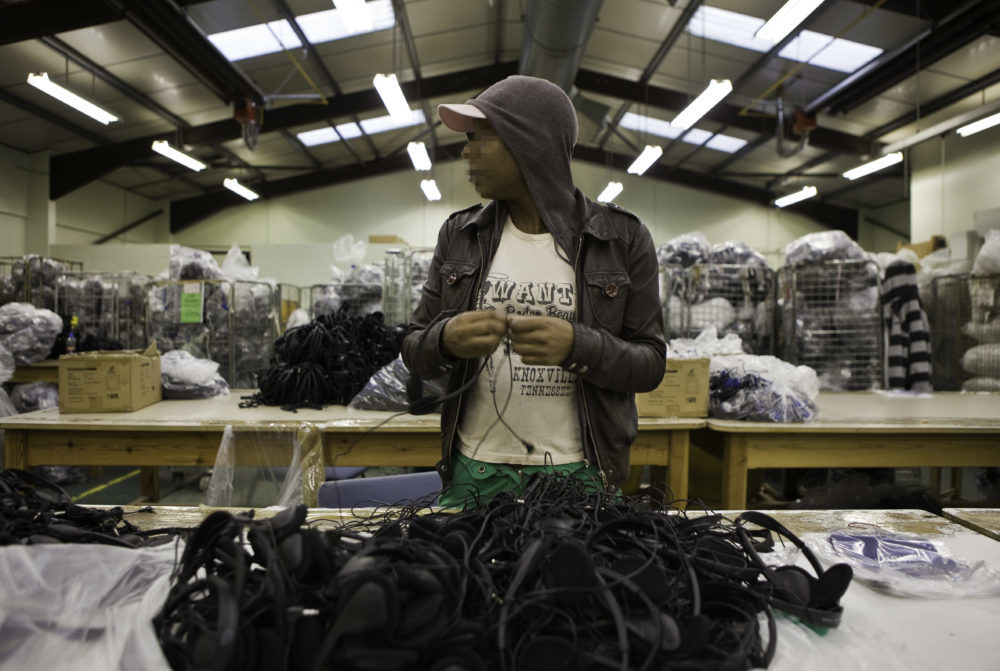Three-quarters of children remanded to custody last year did not go on to receive a custodial sentence. A new briefing from the Howard League for Penal Reform highlights the harmful impact of remanding children and includes the statistics for the year ending March 2021 recording the highest proportion of children on remand who did not receive prison sentences.
The group is calling for the government to amend the Bail Act 1976 to remove the option of remanding a child to prison for their own welfare. It argues that every year children are remanded for their own welfare when ‘in fact there are strict legal duties on local authorities to provide alternative care’. ‘Prisons are not equipped to provide children with the support required in such cases,’ they argue.
’Custodial remand punishes children for the mistakes of the services around them and exposes them to abusive prison environments,’ commented Andrea Coomber, the Howard League’s chief exec. ‘Although the evidence is clear that remanding a child to prison must be an absolute last resort, we know that this is not being heeded in courtrooms across the country.’
The new study features accounts from five young people in prison who had come into contact with the criminal justice system whilst in care. Although on remand, all five told the Howard League that they had been treated the same as children who had been sentenced to prison. Seventeen year old Joshua, a Black British child, had spent 16 of the previous 18 months in custody on remand. ‘He had never received a custodial sentence; previous charges against him had either been dropped or led to community sentences,’ the report said. ‘The remand decisions made no sense to him.’
Joshua was one of two children the Howard League met who had been convicted and were awaiting sentencing. The other was Aaron, 16, a mixed white and Black child. ‘Both had experienced repeated trauma in their family homes, in care and in their social environments, and professionals suspected that they had been exploited to run drugs (though they did not see it this way),’ the Howard League said. ‘Neither felt that anyone else would keep them or their friends safe.’
Aaron said that one judge told him: ‘If I see you again, I’ll send you to jail.’
Hassan, a British Asian 16 year old, described prison as ‘traumatising… even though I take sleeping tablets, at silly o’clock in the morning there are people banging on the pipes not letting me sleep, banging on the walls… being very rude.’
Abdul, a mixed white and Asian 17 year old, was a victim of trafficking who claimed that he had lived in 15 or 20 care homes. According to the Howard League: ‘He said that his exploiters had often threatened to hurt his family members if he did not do what they asked, and they were determined to punish him for having lost their drugs. But when Abdul tried to get his family moved out of the area, professionals did nothing.’
By the time the Howard League met Abdul, he had been remanded to prison for his own welfare as the court had considered he would be safe in custody. The report continued: ’Yet Abdul explained that his exploiters were giving orders to other children in the prison and he felt at even greater risk. He remained worried about his family, who had still not been moved.’







